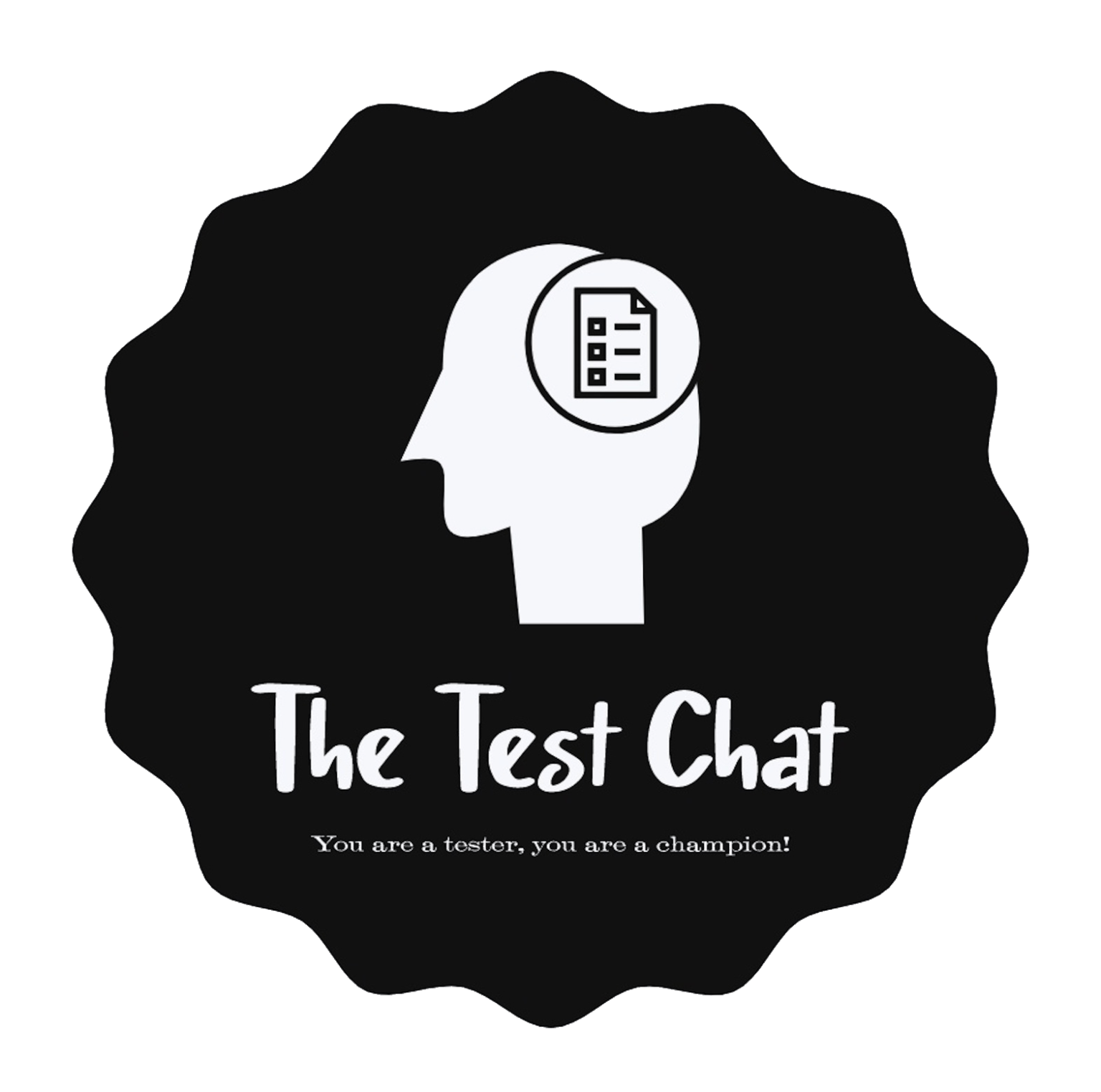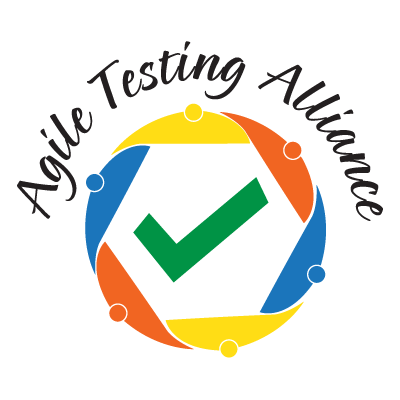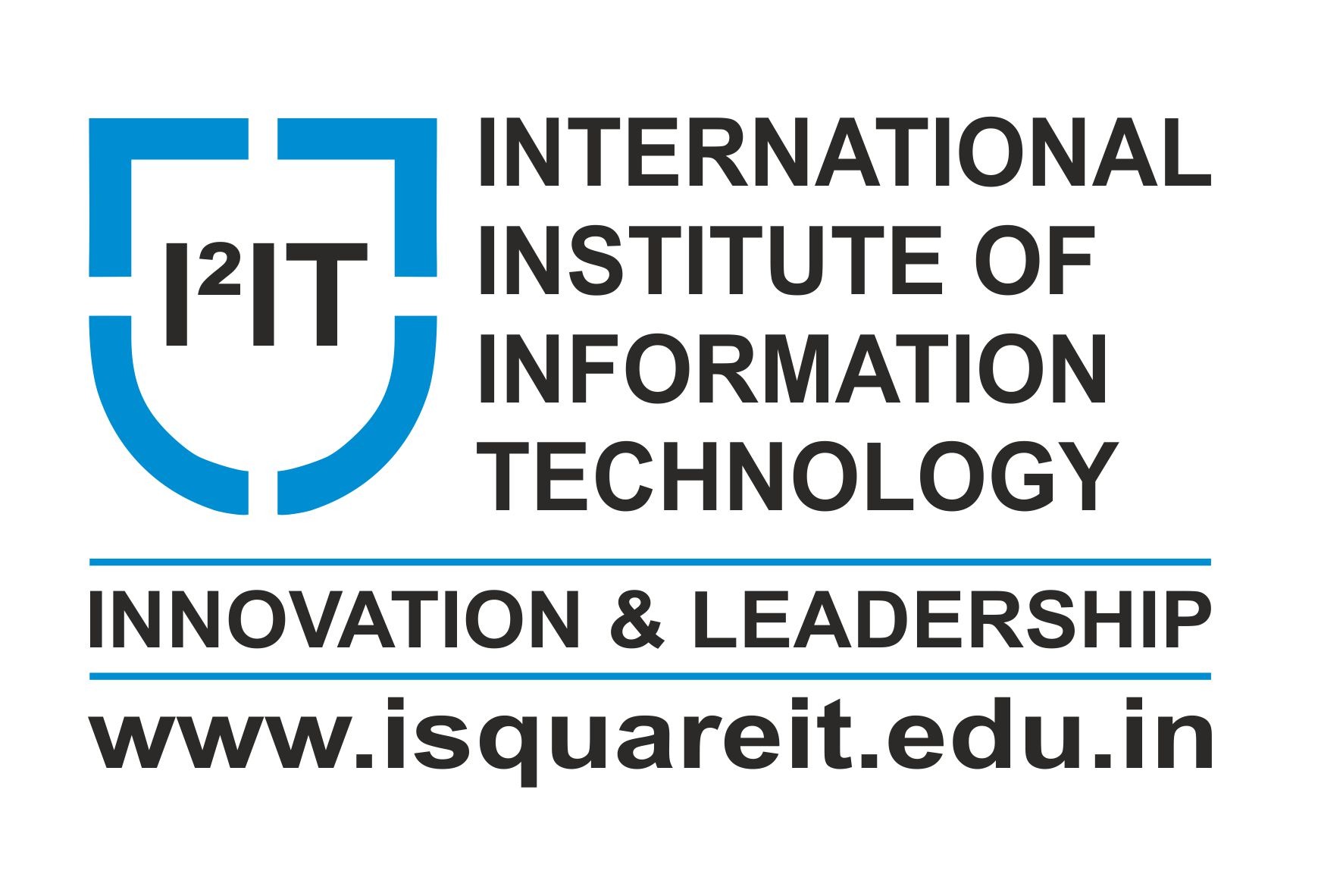Speaker
Anwesha Roy Choudhwry has over 2 years experience of Performance Engineering. She is constantly looking to enhance her knowledge to learn new expertise and implement in projects. Extremely observant and detail-oriented. Highly organized with the ability to keep accurate records and manage time wisely. Comfortable working alone or as a group. Strong leadership skills are an asset to any company and quality assurance department. Skilled in performance tools like LoadRunner Enterprise, DyanaTrace, Fiddler. Also has keen interest in learning different testing tools.
Non- Functional testing for Internet of Medical Things (IoMT)
Internet of Medical Things (IoMT)
IoMT technology uses the internet to collect, analyseand deliver health data of remote patients by health care providers. This is done in real time with the help of medical devices and health care applications that incorporate the IoMT technology which includes advanced sensors, IoT connectivity, and artificial Intelligence (AI).
IoMT devices link to cloud platforms such as Amazon Web Services, on which captured data can be stored and analysed. IoMT is also known as healthcare Io.
Examples of IoMT include remote patient monitoring of people with chronic orlong-term conditions; tracking patient medication orders and the location of patients admitted to hospitals; and patients’ wearable mHealth devices, which can send information to caregivers. Infusion pumps that connect to analytics dashboards and hospitalbeds rigged with sensors that measure patients’ vital signs are medical devices that can be converted to or deployed as IoMT technology.
Objective of the paper
This paper aims at concluding the various factors and necessary conditions to be considered while non-functional testing such as Performance testing as well as security testing for IoMT.
Need for NFT:
Medical Io devices cater to a large pool of patients and are usually connected over internet. This makes the devices and applications vulnerable to performance failovers. The servers responsible for intake of real time data must be robust, fault tolerant and scalable according to need. These devices are highly critical since mostly they are directly responsible for the patient’s well-being. Thus, a crash due to sudden surge in load is hazardous and might be a life risk to patients.
A performance test would ensure the quality of server-side communication and metrics like load, network bandwidth, latency.
On the other hand, most health care organizations have a history of data breaches. With devices like digital pacemakers, smart insulin devices and cardiac implants, the margin for security error in IoMT tech has been reduced to nil. A hack or data breach could cause to malfunction and shut down devices that could be fatal to patients. It is also necessary to protect health data through correct encryption protocols to prevent leaks.
Security testing must be incorporated right from the design phase to prevent vulnerabilities. The key focus areas for security could be Data Storage, Data Transmission, Encryption Algorithm, Identity and Access Management.
More Speakers
- Aditya Garg
- Ajay Balamurugadas
- Aliasgar Chaiwala
- Amol Deshpande
- Andrew Knight
- Anindita Rath
- Anubha Bagui
- Anwesha Roy Choudhawry
- Arpita Swer
- Balvinder Khurana
- Brijesh Deb
- Chidambaram Vetrivel
- Craig Risi
- Deepak Koul
- Deepthi K
- Dhairya Thakkar
- Gajapathy Rasamala
- Gaurav Soni
- Gauri Gupta
- Gayathri Mohan
- Geosley Andrades
- Giri Shankar
- Giridhar Rajkumar
- Harpreet Kaur Kahai
- Harsh Sahay
- Hema Latha
- Hina Sharma
- Hitesh Prajapati
- Jaisudhan Selvaraj
- James Thomas
- Kanwarpreet Singh Khurana
- Kavin Arvind Ragavan
- Khushboo Rajpurohit
- Kiruthika Ganesan
- Kumudha Ganesan
- Kunal Samel
- Maaret Pyhäjärvi
- Mahathee Dandibhotla
- Marta Firlej
- Meera Vyas
- Mohanpriya P
- Mukund Zalke
- Nikhil Bhandari
- Nimesh Bhatt
- Niranjan Limbachiya
- Nitasha Rawat
- Pallavi Vadlamani
- Parinita Patankar
- Poorva Pal
- Pranesh Gaikwad
- Pricilla Bilavendran
- Puja Sakhia
- Pushan Ghosh
- Rahul Parwal
- Rajani Sinha
- Rik Marselis
- Rishil Bhatt
- Ritu Chowdhary
- Sakthikannan Subramanian
- Saurabh Bhardwaj
- Schalk Cronje
- Seema Prabhu
- Shailesh Gohel
- Shubha Lokeshaiah
- Shuchita Singh Basu
- Sneha Viswalingam
- Soumya Mukherjee
- Sowmya Ramesh
- Sujata Dutta
- Sujit Pathak
- Sumit Mundhada
- Sundaresan Krishnaswami
- Tejaswi Sedimbi
- Venkatesh Belde
- Videos
- Vikas Kataria
- Vishal Parmar













